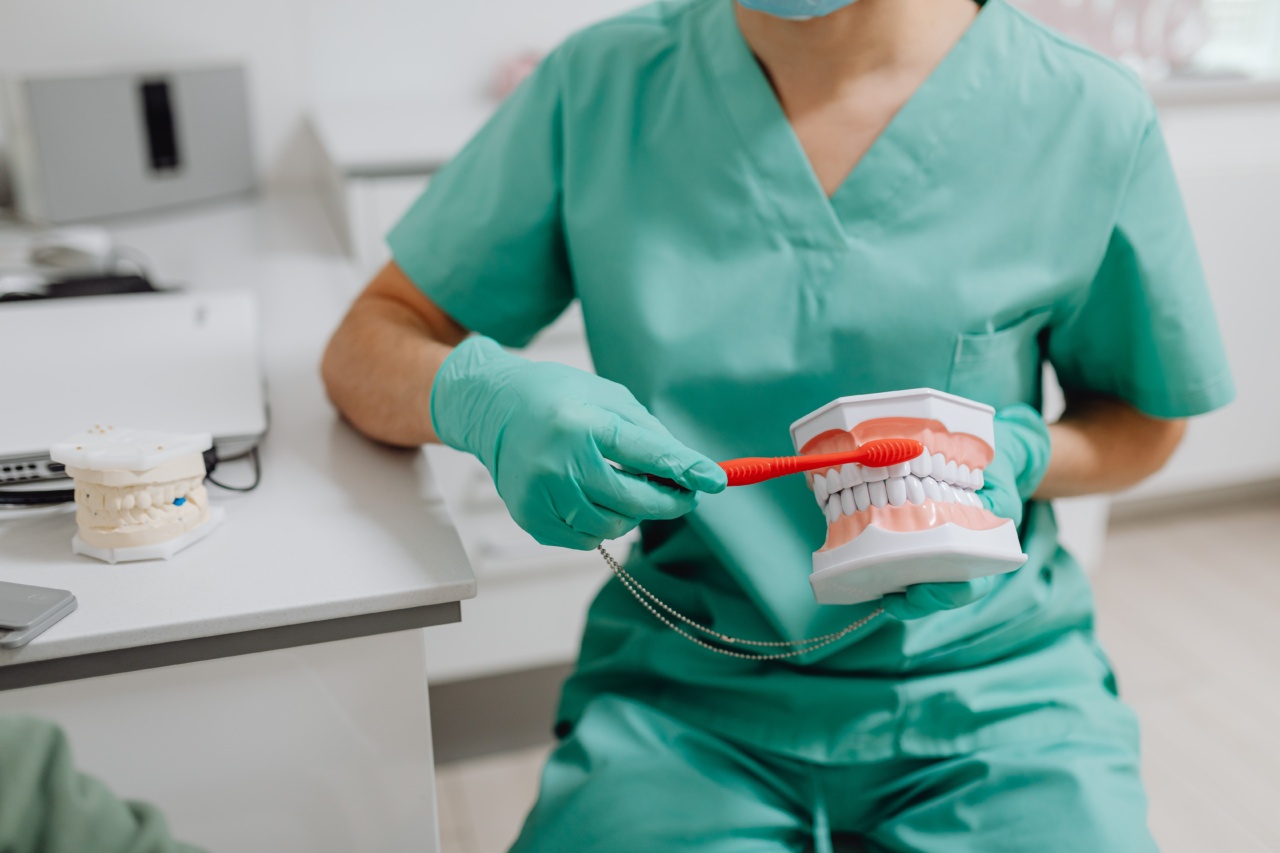Oral hygiene, which includes brushing and flossing, is essential for overall health and hygiene.
Brushing your teeth is important for several reasons; it helps to remove plaque and food particles that may have settled on the teeth and gums, it prevents the buildup of bacteria, it helps to keep your breath fresh, and it helps to prevent gum disease and tooth decay.
The Negative Consequences of Not Brushing Your Teeth
Not brushing your teeth can lead to a host of problems and negative consequences, including:.
Plaque and Tartar Buildup
When you don’t brush your teeth regularly, it can lead to a buildup of plaque, which is a sticky film of bacteria that adheres to the teeth and gumline.
Over time, if left untreated, plaque hardens and turns into tartar, which can lead to tooth decay and gum disease.
Bad Breath
Not brushing your teeth can lead to bad breath, also known as halitosis. When plaque builds up on the teeth and gums, it can cause an unpleasant odor in the mouth. Regular brushing helps to remove plaque and bacteria, which can help to reduce bad breath.
Gum Disease
Gum disease, also known as periodontal disease, is a serious condition that affects the gums and bone that supports the teeth.
When plaque is not removed from the teeth and gums, it can lead to inflammation and infection, which can damage the gums and bone. Over time, gum disease can lead to tooth loss and other health problems.
Tooth Decay
Tooth decay, also known as cavities, is a common problem that can result from not brushing your teeth. When food particles and bacteria are left on the teeth, they can produce acid that eats away at the enamel and causes decay.
If left untreated, cavities can lead to pain, infection, and tooth loss.
Loss of Teeth
If gum disease or tooth decay is left untreated, it can lead to the loss of teeth. Losing teeth can have a negative impact on oral and overall health, including difficulty chewing and speaking, changes in facial appearance, and bone loss in the jaw.
Increased Risk of Health Problems
Poor oral hygiene has been linked to several health problems, including heart disease, diabetes, and respiratory infections.
When bacteria from the mouth enters the bloodstream, it can cause inflammation and contribute to the development of these and other health problems.
Embarrassment
Not brushing your teeth can lead to embarrassment and low self-esteem. Bad breath and tooth decay can be visible to others and make social situations uncomfortable.
Increased Dental Costs
Not brushing your teeth can lead to more expensive dental costs in the long run. Treating gum disease and tooth decay can be costly, and losing teeth may require expensive dental implants or dentures.
Conclusion
Not brushing your teeth regularly can have serious consequences for your oral and overall health.
The negative consequences of not brushing your teeth can be prevented by brushing twice daily, flossing, and seeing your dentist for regular checkups and cleanings.





























